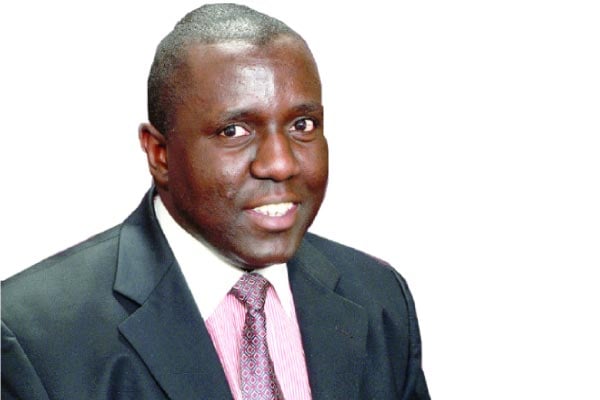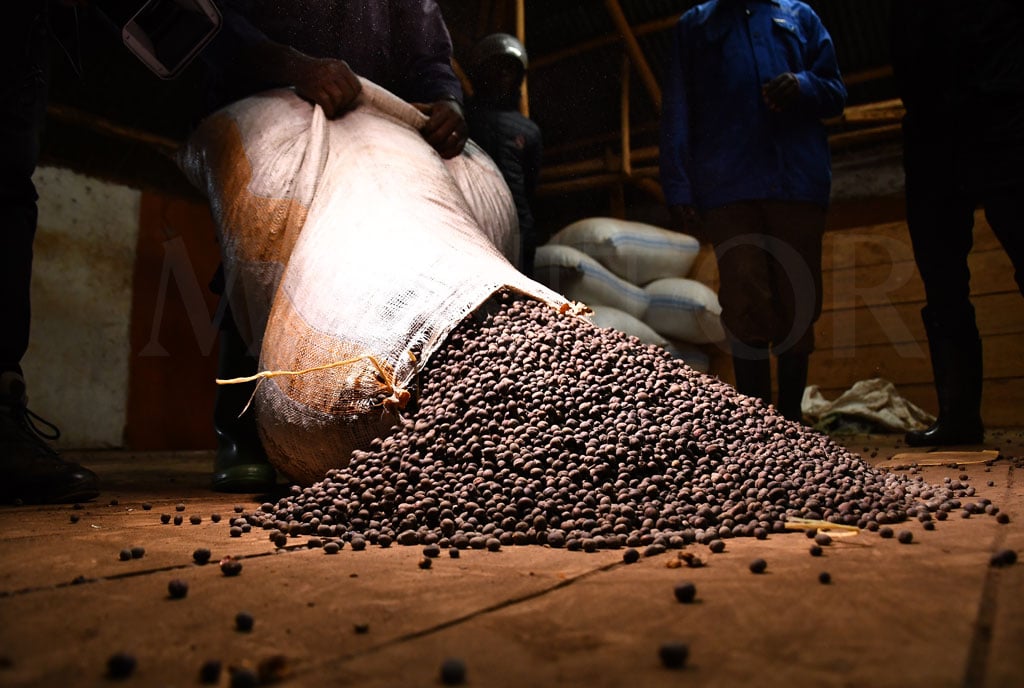
Author: Karoli Ssemogerere. PHOTO/FILE
A strong lobbying campaign forced the reading of the National Coffee (Amendment) Bill 2024 into the division lobby, with 130 MPs in favour and 77 against. The first question given the gravity of the subject, more than 115 out of 136 districts in Uganda grow coffee, is where were 300 MPs.
But for the policy debate, this vote is good. It will improve the process and the outcomes. In 2015, government on the back of IMF conditionalities passed a fiscal convergence regime, built on the lessons learnt from the Greek financial meltdown of 2008 that nearly took down with it the entire global economy.
The IMF has been pushing for convergence of all financial resources under one entity - the so-called Single Treasury Government account and related platforms out of which all payments are made through the Integrated Financial Management System, IFMS. Other lenders like China have also imposed conditions on visibility of cash to cover at least six months of debt payments at the Central Bank.
Government will only pay what is on hand. In convergence, the biggest losers have been local governments and autonomous bodies which lost all their fiscal independence, and ability to run independent finances to the Treasury. In Greece, the water authority of Thessaloniki, the second largest city, had more cash on hand than the Central Bank.
The second aspect of these changes are visibility of “certain funds”.
Funds are created by Parliament. They can be sector wide, like the Universal Service Access Fund or single subject like the Coffee Fund, established in 1962 to develop the coffee sector. Other recent funds include the Petroleum Fund administered by Bank of Uganda for activities in the oil sector.
Between 2017 and 2021, coffee prices recovered and volumes spiked from two million bags in 2010 to nine million bags today. In the year ending June 30, 2023, coffee exports reached a record USD 980 million, while in the most recent year ended June 2024, coffee exports reached a record USD 1.14 billion.
The coffee sub-sector independently therefore has a 2 percent charge of USD 57 million or Shs216 billion. It compares very well to other sector funds like the communications fund which reported more than Shs100 billion in the same period. UCDA’s budget for 2024/2025 was Shs44.76 billion out of Shs82 billion collected in the previous year.
This means that cess is growing much faster than the administrative and development functions of UCDA.To deflate the coffee story a bit. In 1975, Uganda exported coffee worth USD 500 million (or USD 3 billion in today’s money).
In 1986, when NRM took power, coffee exports were worth USD 400 million (USD 1.15 billion). In 1990 on account of frost conditions in Brazil, coffee exports were USD 1 billion (USD 2.4 billion today). In short, Uganda has earned more from coffee before than today. Infact the complaint by coffee producers today, where coffee inventory has been taken over by foreign firms is that farmers are growing “far more” for far less of the final share of the retail price.
This is the situation Uganda finds itself in after full liberalisation of the coffee sector.Is this state of affairs, enough to pronounce a death sentence on UCDA and re-nationalise the coffee sector, which would be the next logical step back to the days of Coffee Marketing Board. Between 1981 and 1985, Milton Obote waged war against NRA and other fighting groups using receipts from coffee.
The 1986 change of government has some connection to coffee and cotton. The recent compensation of coffee cooperatives is also connected to coffee taken from the cooperatives during the bush war. In short, coffee is not simply a beverage.Coffee and diaspora remittances kept the Ugandan economy afloat during the pandemic. Coffee has been the hanker chief over our eyebrows as we wait for petroleum money.
Last week, Monitor reported high FDI inflows coming into the oil sector, but coffee like the abused spouse has always been around come rain come shine. Maybe that angle, on how best to share the coffee upswing may be a more worthwhile conversation and the policy and administrative reforms that come with it.
Karoli Ssemogerere is an Attorney-At-Law and an Advocate. [email protected]





